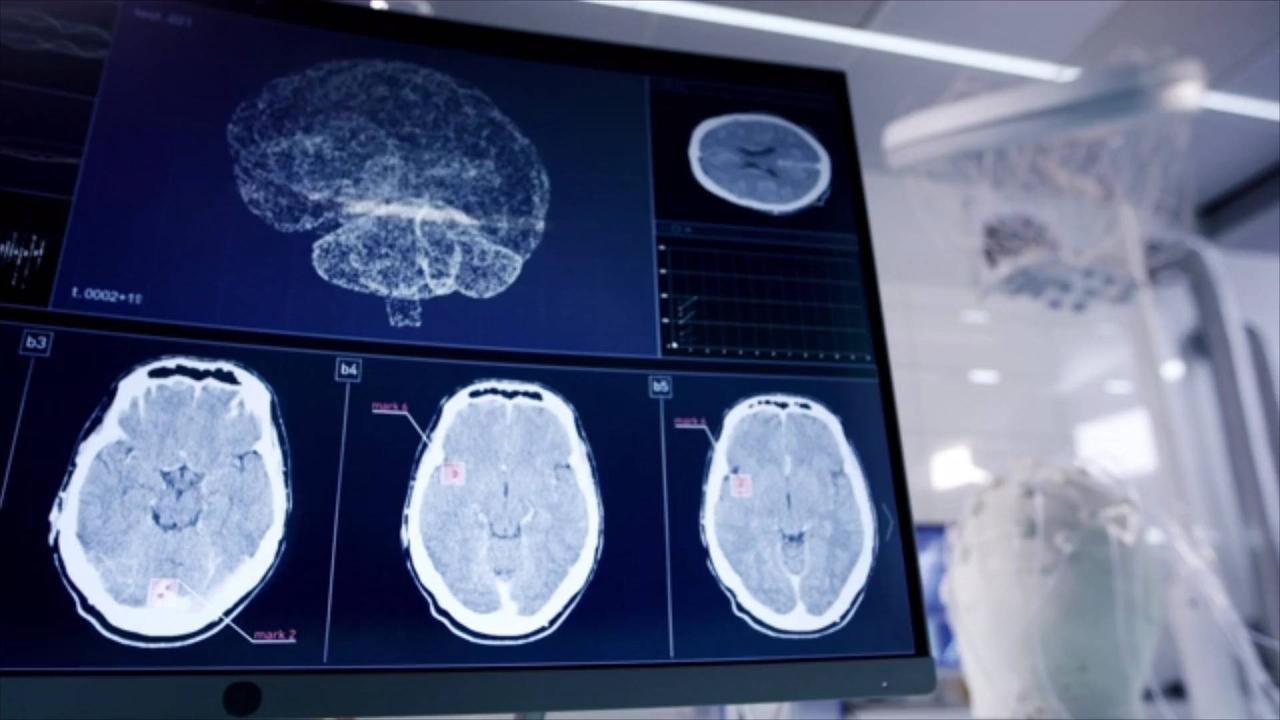
Global Increase of , Neurological Disorders , 'Very Concerning,' Researchers Say.
'Newsweek' reports that a new study warns that neurological disorders have become more common worldwide.
According to a team of international researchers, the number of people with such conditions has risen "substantially" over the past thirty years.
These conditions include Alzheimer's disease, as well as other forms of dementia, meningitis and stroke.
.
In 2021, the team found that 3.4 billion people had one of these neurological conditions, accounting for approximately 43% of the world's total population.
Researchers attribute the alarming statistic to a rapidly aging population and increases in lifestyle risk factors.
Researchers attribute the alarming statistic to a rapidly aging population and increases in lifestyle risk factors.
Over a 31-year period, researchers found an 18% increase in disability, illness and premature death related to these conditions.
'Newsweek' reports that the team's findings highlight the need for more research into these neurological conditions, which have proven to be extremely difficult to treat.
'Newsweek' reports that the team's findings highlight the need for more research into these neurological conditions, which have proven to be extremely difficult to treat.
Because many neurological conditions lack cures, and access to medical care is often limited, understanding modifiable risk factors and the potentially avoidable neurological condition burden is essential to help curb this global health crisis, Katrin Seeher, study co-lead author and mental health specialist at WHO's Brain Health Unit, via 'Newsweek'.
Because many neurological conditions lack cures, and access to medical care is often limited, understanding modifiable risk factors and the potentially avoidable neurological condition burden is essential to help curb this global health crisis, Katrin Seeher, study co-lead author and mental health specialist at WHO's Brain Health Unit, via 'Newsweek'.
The team's findings were detailed in a study published in the journal 'The Lancet Neurology.'.
Neuroscience research is now progressing rapidly offering hope through new treatments for diseases like dementias and through better understanding of lifestyle modifications to best care for our brains, Tara Spires-Jones, president of the British Neuroscience Association and group leader in the U.K. Dementia Research Institute at the University of Edinburgh, via Newsweek
